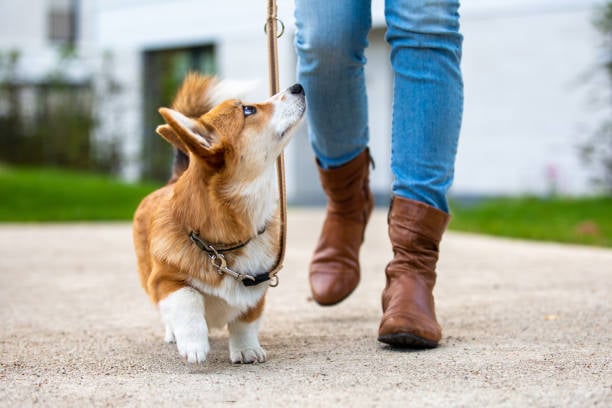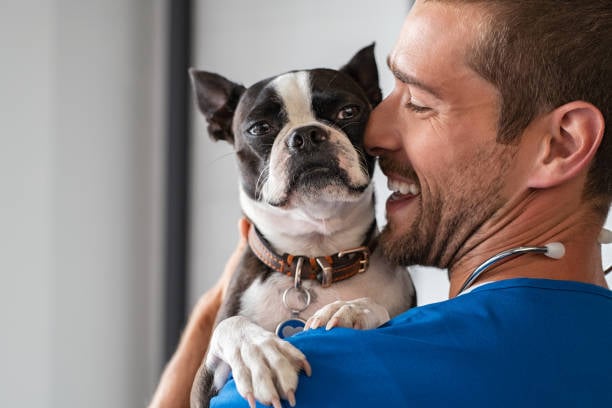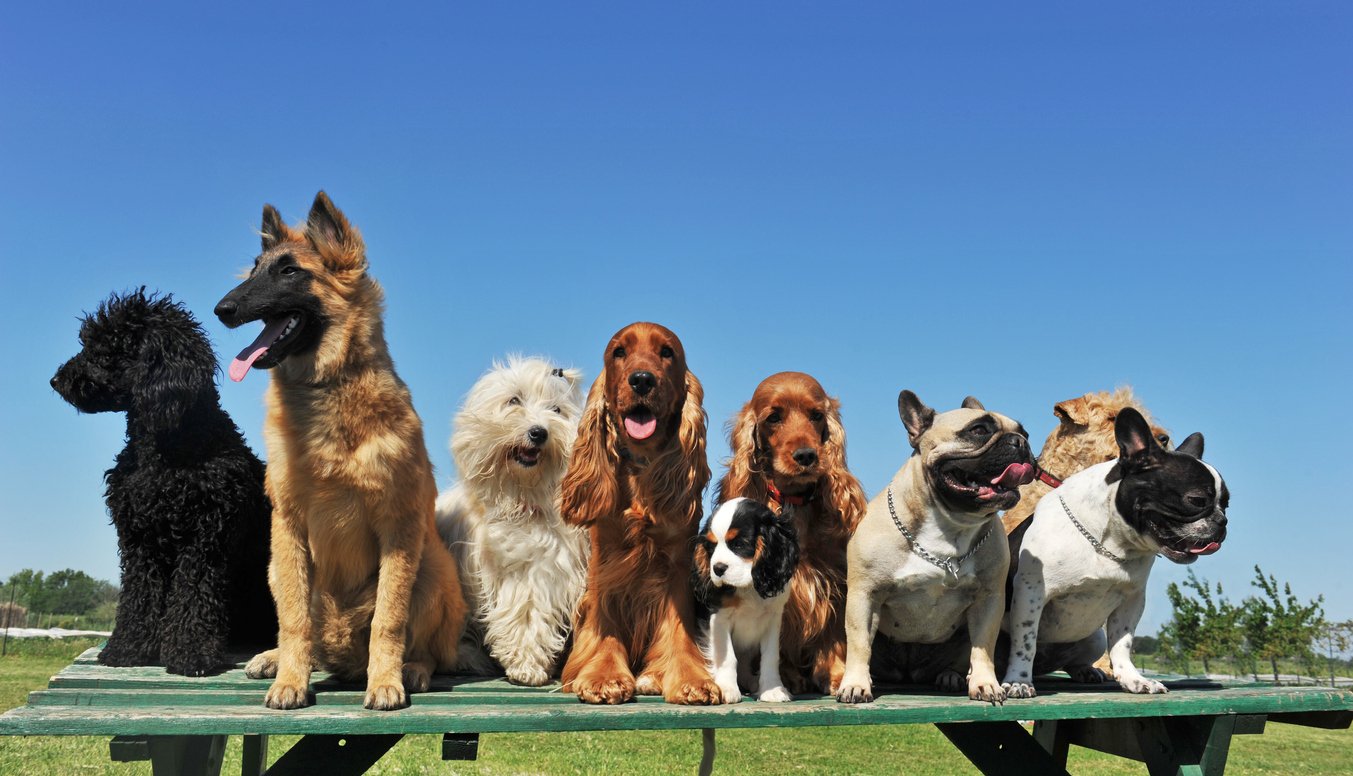Working in pet care offers countless rewards, but it also presents its share of challenges, particularly when it comes to handling difficult dogs. Pet-care professionals work with a variety of clients, each with unique needs and expectations. Whether it’s due to anxiety, aggression, or overexcitement, all pet-care professionals must develop the skill of managing dogs that display challenging behaviors. The onboarding process for new clients and their dogs is crucial, as a structured approach helps ensure the best outcomes for everyone involved.
Pet parents may be left wondering or worried about their dog's well-being, especially at night, when leaving them in someone else's care. Here, we offer essential tips and techniques for effectively managing difficult dogs and ensuring the safety and well-being of both the animals and the caregivers.
Understanding the Behavior
The first step in managing difficult behaviors is taking the time to understand the specific triggers and reactions of challenging dogs. Many problematic behaviors stem from fear, anxiety, separation issues, or past traumas. Identifying the underlying issue can inform the most appropriate approach and intervention strategies.
Some dogs are reactive, displaying strong reactions to other dogs or a person they encounter. Understanding these triggers is key to effective management and helps create a calmer environment for both the dog and their handler.
Building Trust

Stay Calm and Patient
Your demeanor greatly influences a dog’s behavior. Maintaining a calm and assertive presence can help reassure and stabilize a nervous or agitated dog. By staying calm, you help both yourself and your dog cope with stressful situations, which leads to a happier experience for both caregiver and pet.
Gradual Introduction
When introducing yourself to a difficult dog, a calm and positive first meeting between the caregiver, the dog, and the owner is crucial. Take it slow and allow the dog to approach you on its terms, sniffing and getting comfortable with your presence before initiating physical contact.
Consistent Routine
Dogs thrive on routine, and establishing a consistent daily schedule can provide a sense of security and reduce stress and anxiety that may contribute to difficult behaviors.
Safety First

Proper Equipment
Use an appropriate leash, along with harnesses or muzzles (if necessary and with the owner’s consent), as essential equipment for managing reactive or challenging dogs during walks to ensure control and safety. Safety equipment should never be used as a punishment but as a precautionary measure.
Know Your Limits
Recognize when a dog's behavior is beyond your skill level or poses a risk to safety. There's no shame in seeking assistance from colleagues or referring the dog to a specialist, such as a veterinary behaviorist.
Positive Reinforcement
Reward-Based Training
Implement positive reinforcement techniques to encourage desirable behaviors. Rewards can include treats, praise, play, or playtime, depending on what motivates the dog. Positive reinforcement helps dogs connect desired behaviors with rewards, making training more effective.
Redirect Negative Behaviors
Instead of punishing negative behaviors, redirect the dog's attention to a positive activity. For instance, if a dog is chewing inappropriately, offer a chew toy as an alternative.
De-Escalation Techniques

Recognize Stress Signals
Learn to recognize the early signs of stress or aggression in dogs, such as stiff body posture, growling, or avoidance. Early intervention can prevent escalation, and recognizing these signals early can help prevent further struggle for both the dog and the caregiver.
Create a Safe Space
Provide a quiet, comfortable area within your environment where a dog can retreat and calm down if they become overwhelmed. This space should be free of stressors and filled with comforting items like bedding or toys.
Professional Development

Continual Learning
Stay interested and informed about the latest research and best practices in animal behavior science and dog handling techniques. Attend workshops, webinars, and conferences, and consider certifications in dog behavior and training.
Self-Care
Handling difficult dogs can be physically and emotionally taxing. Ensure you're taking care of your well-being to prevent burnout and maintain a positive outlook.
Collaboration and Communication

Work with Pet Parents
Maintain open lines of communication with the dog’s parent. During visits, send regular updates, photos, or messages to keep pet parents informed and reassured about their dog's well-being. Share your observations, strategies, and recommendations to ensure consistency in handling techniques between the pet-care setting and the home.
Professional Network
Build a network of professionals, including veterinarians, dog trainers, behaviorists, and pet sitters, whom you can consult for advice or refer to when specialized intervention is needed.
Handling difficult dogs is an intricate part of pet-care work, requiring patience, understanding, and a well-equipped toolkit of strategies. By focusing on building trust, ensuring safety, employing positive reinforcement, and continuously developing your skills, you can navigate the challenges of working with difficult dogs more effectively.
Remember: Every challenge is an opportunity to make a positive impact on a dog’s life, enhancing their well-being and fostering a more harmonious relationship between pets and people.
Start a free trial with Revelation Pets to see how much easier managing your pet-care business can be.






